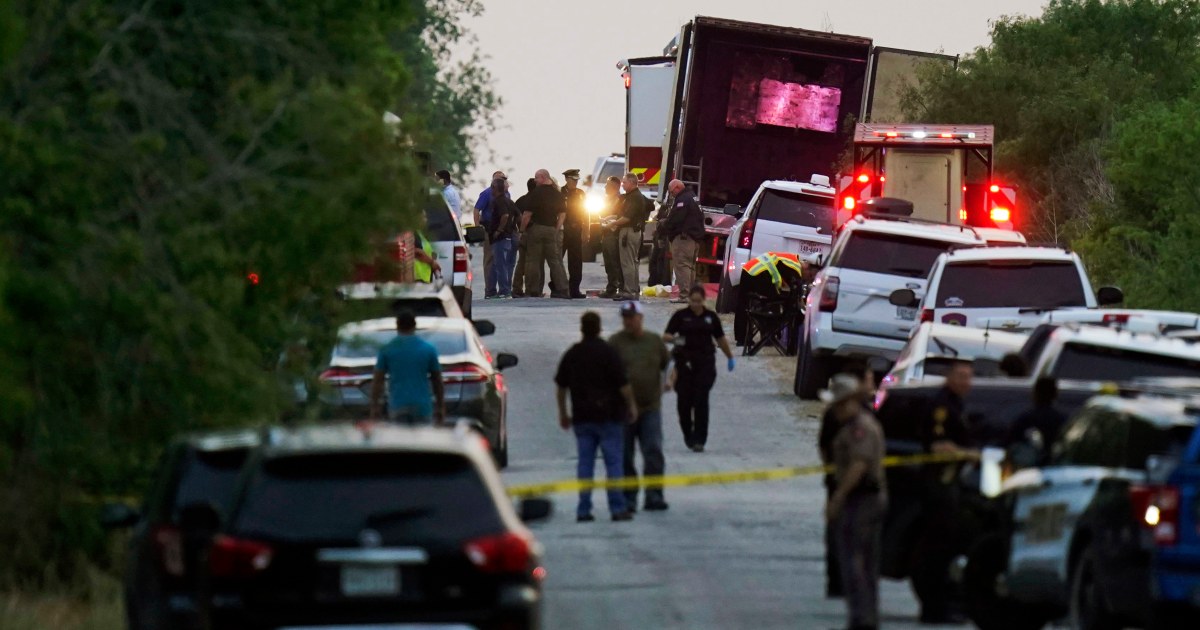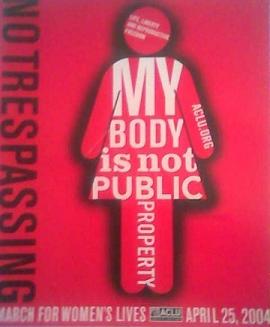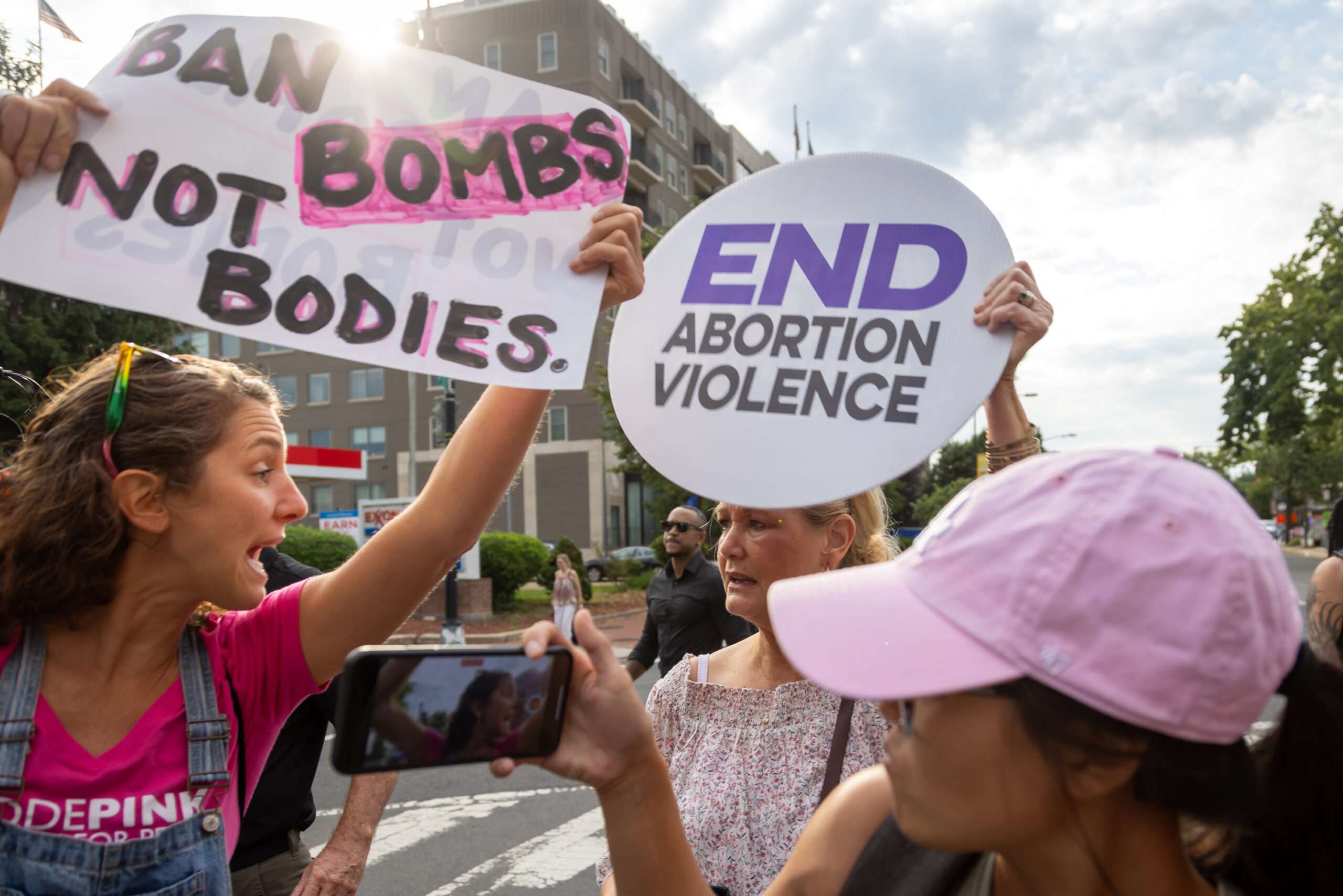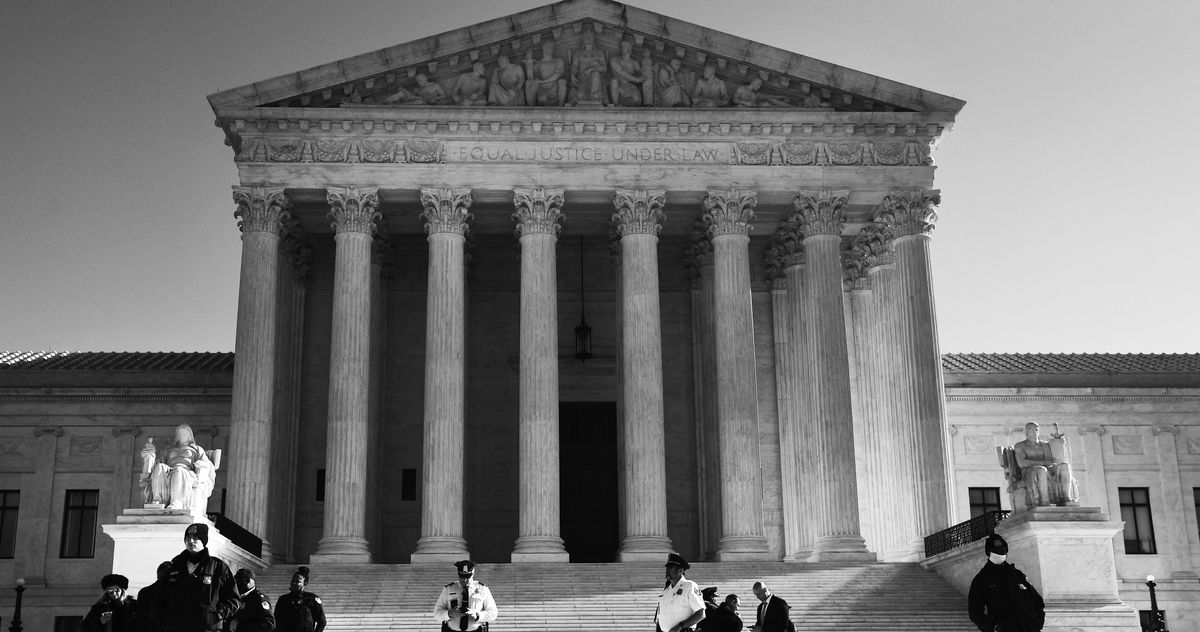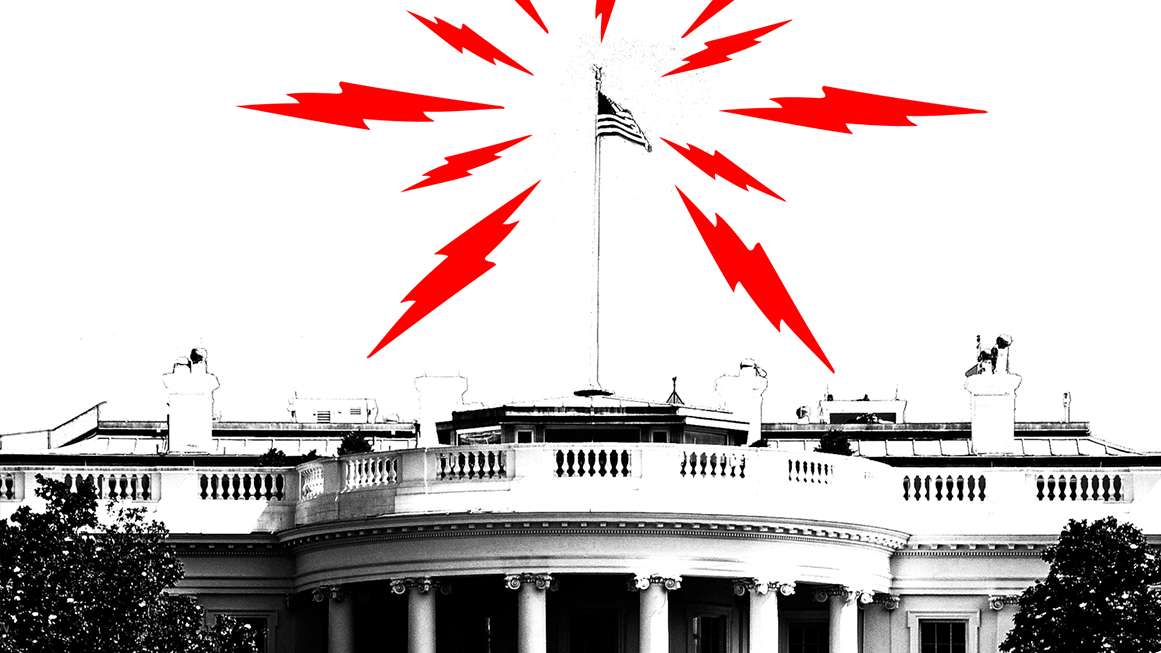I think that the Supreme Court’s ruling in Dobbs v. Jackson Women’s Health Organization is wrong and deeply alarming. It’s wrong as a matter of principle; its immediate consequences are and will be immensely destructive for women’s individual liberty; and its alarming implications and long-term consequences are likely to be a poison within U.S. American political culture for years to come. Abortion is a woman’s right, an inalienable individual right to bodily autonomy that neither democratic majorities nor state legislatures nor any other government or power on earth has any business infringing, abridging, regulating or overruling. That somewhere around half the states in this country have done so immediately, or will most likely do so within days, is a brutal and heartbreaking display of overweening political power over the most intimate parts of our lives.
I can say more about why if you’re interested — either why I think abortion ought to be recognized as an inalienable individual right, or why I think the Supreme Court ruling is wrong, or why I think it’s awful that state governments may now exercise the power to invasively regulate or prohibit abortion according to democratic rule. For the moment, now that the decision has been handed down, I think it is important to take a careful and realistic look at what the real-world situation is, and to respond accordingly in ways that will seriously address the real-world problem going forward.
State by State
Nothing is over. Abortion is not illegal in the United States. The Dobbs ruling doesn’t claim to make it illegal or hint at any effort to do so. What it does is to put abortion rights into the political process — it removes the Court doctrine that prevented state governments from making it illegal in those states respectively. I think this is an awful decision.[] But with this decision inflicted, the question is now a question of political organizing and grassroots civil society. The development of safe and effective pills (mifepristone and misoprostol) and telemedicine have dramatically decentralized the technology for safe medical abortions. In about half the states in the country there will almost certainly continue to be pretty vigorously pro-choice abortion laws. (These are a couple of respects, and very important ones, in which the situation now is much better for reproductive liberty than it was in 1973.) Abortion laws, either preexisting ones or new ones passed in a rush, are going to severely curtail or ban abortion in about half the states in the country. Jacob Sullum at Reason has a useful run-down of the effects of the ruling state by state, here: Here Is a State-by-State Rundown of What Will Happen Now That SCOTUS Has Freed Lawmakers To Restrict Abortion
.
Aid and Abet
Part of what’s going to happen is going to be a matter of political protest, state by state campaigning in state legislatures and all of the mechanisms of political process outside of the courtroom. But it’s also worth remembering the absolutely central importance and power of civil society and grassroots mutual aid to provide direct assistance to people seeking abortion care.
One of the most practically consequential things that you can do right now if you are concerned about access to abortion in the states where it is and will remain broadly legal is to give money to abortion funds, especially abortion funds in states with hostile state governments, and especially in states in the Deep South and the Midwest. Abortion funds are mutual aid networks that provide direct support to people seeking abortions in a particular community or locale. Those that are in areas where abortion access is threatened by hostile state governments have been making plans for months to provide access to travel and abortion care in states where abortion remains legal. This is going to be awful, and it’s going to be expensive, but it is work that they are doing and will continue to do.
I give money to support Yellowhammer Fund, an abortion fund in the state of Alabama: [SEE UPDATE BELOW. -RG, 2022-06-29.]
Shared Article from Yellowhammer Fund
Home
The Yellowhammer Fund envisions a society in which reproductive decisions are made free from coercion, shame, or state interference, a society in whic…
Heidi Miller @ yellowhammerfund.org
Abortion clinics in Alabama shut down immediately when the ruling came out, but Yellowhammer is continuing to operate and actively soliciting support to help cover the costs of funding travel to states where abortion remains legal.
[UPDATE, 29 June 2022. Earlier today, Wednesday 29 June 2022, Yellowhammer Fund sent out an e-mail statement to their supporters stating (emphasis mine): We have made the deeply difficult decision to temporarily pause our services for the safety and security of our clients, our supporters, and our staff. During this time we will consult legal experts to reassess how best to continue doing our work in the immediate future. . . . We assure you that we will always continue to fight for Reproductive Justice in Alabama and the Deep South. We will still serve our communities in the best capacity in our new post-Roe reality. . . . This is an evolution not a defeat.
I do not currently have any further information on when or if they will resume funding or support for women from Alabama seeking abortions. I hope that they will be able to come back soon.]
The West Alabama Women’s Center will continue to provide birth control and other sexual health services, Marty said. Clinic providers hope to provide services to women on Medicaid.
Lauren Frazier, spokesperson for Planned Parenthood Southeast, said the organization’s clinics in Alabama stopped performing abortions before the Dobbs decision came down. They are devoting more resources to patient navigation to help arrange travel for people who need to go out of state.
The Yellowhammer Fund, which provides financial assistance to women who want abortions, said it will have to increase fundraising to cover the high costs of seeking care in other states such as Illinois. The organization also hopes to open a pregnancy and parenting resource center for people who can’t travel out of state and must carry unplanned pregnancies to term, Roberts said.
— Amy Yurkanin, Supreme Court abortion ban: Alabama abortion advocates regroup after Roe v. Wade decision
Al.com, 24 June 2022.
I also support Mississippi Reproductive Freedom Fund, an abortion fund covering the state of Mississippi (which is the state directly and immediately affected by the Dobbs ruling):
Texas is the largest state with overtly hostile laws that will most likely make nearly all abortion illegal nearly everywhere in the state. The size of Texas and the very long distances to states with more liberal abortion laws (California, Illinois, or across the border to Mexico) make the question of travel resources especially intense. It’s also a state with a lot of very active abortion funds, most of them based out of the major cities. These are all worth supporting; although you should be aware that Texas’s insidiously, catastrophically, fractally awful SB 8 law includes some provisions targeted at abortion funds. As a result, several of these organizations — especially NNAF-affiliated not-for-profits — are temporarily pausing funding or may be reconsidering what they can do legally going forward:
Here’s a big list with lots more:
Shared Article from The Cut
Donate to an Abortion Fund Right Now
The Supreme Court has officially struck down Roe v. Wade, ruling that abortion is not a constitutionally protected right. Here’s how to help women a…
Claire Lampen @ thecut.com
